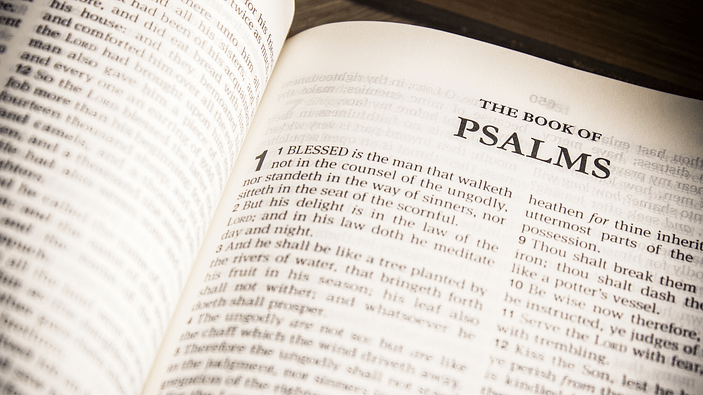Understanding the Depth of Emotion in the Book of Psalms
Introduction to the Book of Psalms
The Book of Psalms is a treasured collection within the Bible, rich in emotional depth and spiritual insight. Many individuals turn to this profound text during times of need, discovering wisdom that helps them navigate their feelings. Each psalm serves as a mirror, reflecting various human emotions and offering solace in moments of despair. Engaging with the Psalms encourages introspection, helping readers confront their challenges while guiding them toward healing.
The Emotional Landscape of the Psalms
The emotional range portrayed in the Psalms mirrors the complexity of human experience. Consider Psalm 42, which begins with a vivid image of a deer longing for water. This metaphor perfectly captures the essence of yearning for peace, resonating deeply with those feeling spiritually or emotionally dry. By reflecting on such imagery, readers become aware of their own feelings, allowing them to understand and process emotions they may have been avoiding. Thus, the Psalms create a safe space for exploration and growth.
Raw Honesty in the Psalms
One of the most compelling features of the Psalms is their unwavering honesty. Unlike contemporary self-help philosophies that often promote relentless positivity, the Psalms embrace doubt and lament. For example, Psalm 22 reveals heart-wrenching anguish through the cry, “My God, my God, why have you forsaken me?” This genuine expression of pain encourages individuals to acknowledge their struggles. By normalizing these feelings, the Psalms provide a necessary counterbalance to societal pressures that prioritize only positive emotions.
Reflection and Contemplation: Tools for Healing
The practice of reflecting on the Psalms offers valuable tools for emotional regulation. Many psalms function as meditative readings, guiding the reader through complex life experiences. As individuals engage with the themes of struggle and celebration, they find pathways toward healing. For instance, a psalm’s journey from lament to praise illustrates that hope can emerge from despair. This supportive structure enables readers to confront their feelings constructively, empowering them in their emotional journeys.
Fostering Community Through Shared Experience
Reading and discussing the Psalms can create a profound sense of community. Throughout history, these sacred texts have been shared in various communal settings, enabling connections over mutual experiences. When individuals unite to share prayers and reflections, they combat isolation and deepen their understanding of shared struggles. The collective resonance found in the Psalms reinforces the idea that no one is alone in their emotional battles. In this way, the Psalms add a layer of connection to the broader human experience
